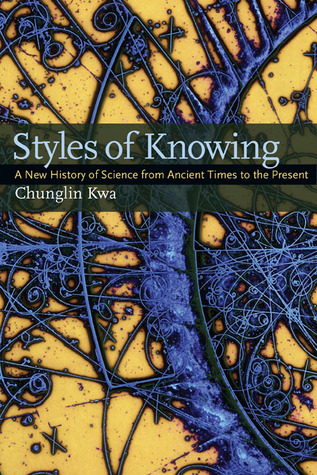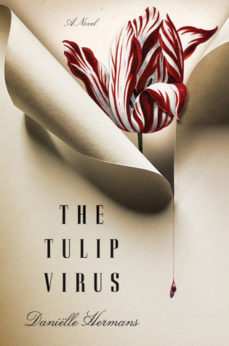Praise for The Ascent
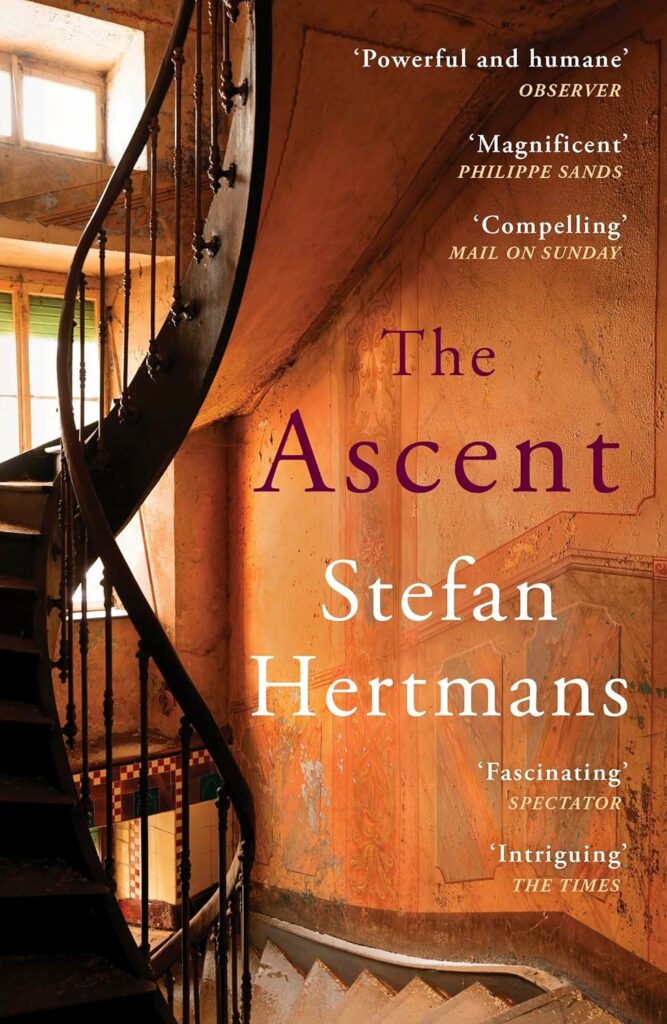
“Hertmans, in David McKay’s lucid translation from the Dutch, illustrates his text with photographs, inviting comparison with WG Sebald.”
—The Guardian
“Hertmans deftly blends reporting and speculation … Translated from the Dutch by David McKay and quoting extensively from the letters and diaries of Willem Verhulst and his family, Hertmans’s narrative vividly documents domestic tensions that echo the larger hostilities engulfing Belgium in the 1930s and ’40s.”
—The New York Times
“The Ascent is beautifully translated by David McKay, who won the 2017 Vondel Prize for translating Hertmans’s earlier novel. … Hertmans’s parallel stories of Verhulst’s treachery and his own path to uncovering the secrets hidden in the Drongenhof house make for a compelling read.”
—The Jewish Chronicle
“A thoughtful and unflinching narrative… the dusty rooms of history come alive.”
—Publishers Weekly
“‘The Ascent’ is another hybrid work, a deft blend of history, fiction and autofiction, skillfully translated by David McKay. … In [t]his insightful and expertly crafted book, history that has settled is roused and reckoned with, and it still has the ability to captivate and the power to shock.”
—The Wall Street Journal
Praise for We Slaves of Suriname
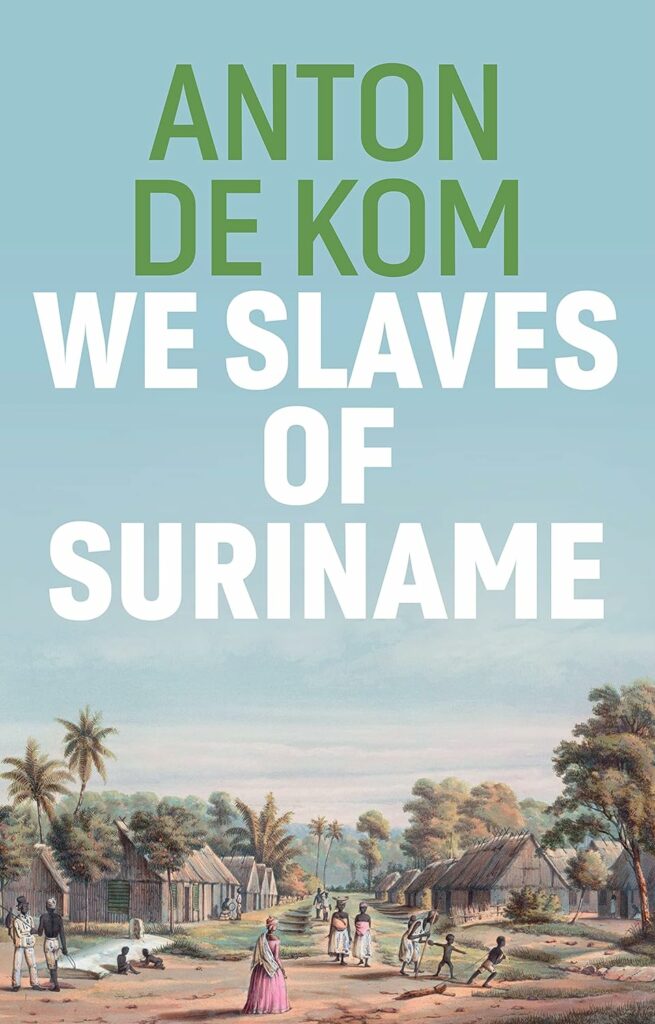
“An astounding work of lyrical fury … De Kom is a towering radical and anticolonial figure, and this book a painful masterpiece.” – China Miéville, New Statesman, Book of the Year selection for 2022
—China Miéville, New Statesman, Book of the Year selection for 2022
“De Kom was an arresting writer with a gift for the telling phrase … The English author who comes to mind as a comparison in regard to the pithiness of style and the moral clarity of vision is George Orwell. … The translation by David McKay, as far as I can tell without knowledge of Dutch, is very good. His glossary and additional notes of clarification are illuminating.”
—Trevor Burnard, Journal of Colonialism and Colonial History
“His voice is extraordinary – by turns deeply lyrical, bitingly ironic, patient, plaintive, always appealing to the reader’s reason – and it is served well by David McKay’s excellent translation. De Kom’s descriptions of the horrors visited upon plantation slaves are all the more piercing for being worded so elegantly. … His call for worker solidarity across class and racial divides remains resonant today. Essential reading for the continuing project of decolonization.”
—Dinyar Godrej, New Internationalist
“We Slaves of Suriname is not a dry historical tome. It is animated by De Kom’s earnest, playful and sceptical voice … capably translated by David McKay.”
—Musab Younis, Postcolonial Studies
“At long last, the revolutionary Black diasporic text Wij slaven van Suriname has been translated into English. … De Kom paints the horizon for Black Suriname’s future with his stylistic sensibility that is a vision for a truly sovereign nation. This translation of We Slaves of Suriname will hopefully lead to other translations and reoriented global attention to the perspective and experience of the Dutch-speaking world, which comprises a significant and often overlooked part of the Black diaspora in the Anglophone world.”
—Public Books, Book of the Year Public Pick 2022
“Books in English on Suriname are rare, and this one – We Slaves of Suriname – is a gem.”
—Caribbean Beat
“McKay’s bountiful and well-researched translation of the seminal classic We Slaves of Suriname by political activist Anton de Kom, published in Dutch in 1934, and in English last year, is an eye-opening description of the brutal treatment of the inhabitants and the effects of colonialism on this former Dutch colony. … I was impressed by the writer’s intelligence and passion, radiantly conveyed in McKay’s translation.”
—Michele Hutchison, The Low Countries
Praise for Bold Ventures
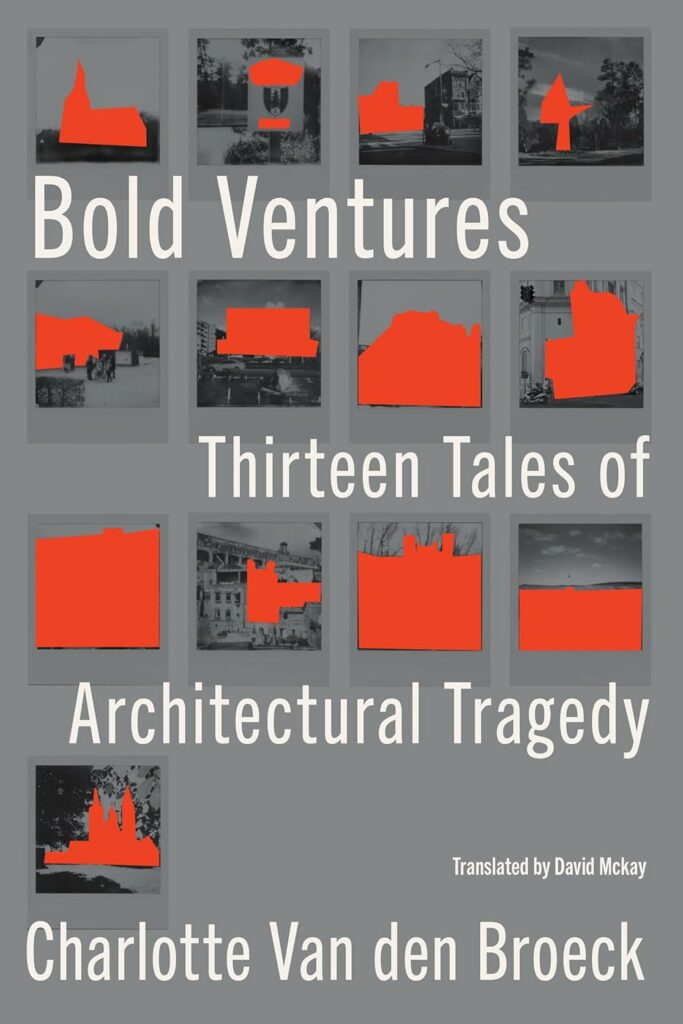
“[A] gorgeous and roving debut…Van den Broeck’s exploration extends beyond the lives and works of her subjects, turning into both a philosophical meditation on creativity and a brilliant character study of misunderstood artists. The result is a genre-bending work that’s sure to fascinate those interested in art and architecture, as well as anyone curious about the dangerous mechanisms of the creative mind.”
—Publishers Weekly (starred review)
“Beguiling…a timely interrogation of what, exactly, constitutes success—of how to live… I have no idea where this book, translated gracefully from the Dutch by David McKay, will land in the Dewey Decimal System. … [Van den Broeck’s] tiered confection is a small marvel: a monument to human beings continuing to reach for the skies, even after their plans dissolve in dust.”
—The New York Times
“[A] lively, deeply engrossing exploration into the nature of architectural creation … The sad tragedy of suicide resides at the heart of each historically framed, vividly written chapter. The narrative, translated from the Dutch by David McKay, is buoyed by Van den Broeck’s poetically drawn personal ruminations, in which meditative asides–steeped in science, philosophy, art and literature–provide thought-provoking insights into all aspects of the creative life.”
—Shelf Awareness
Praise for The Convert
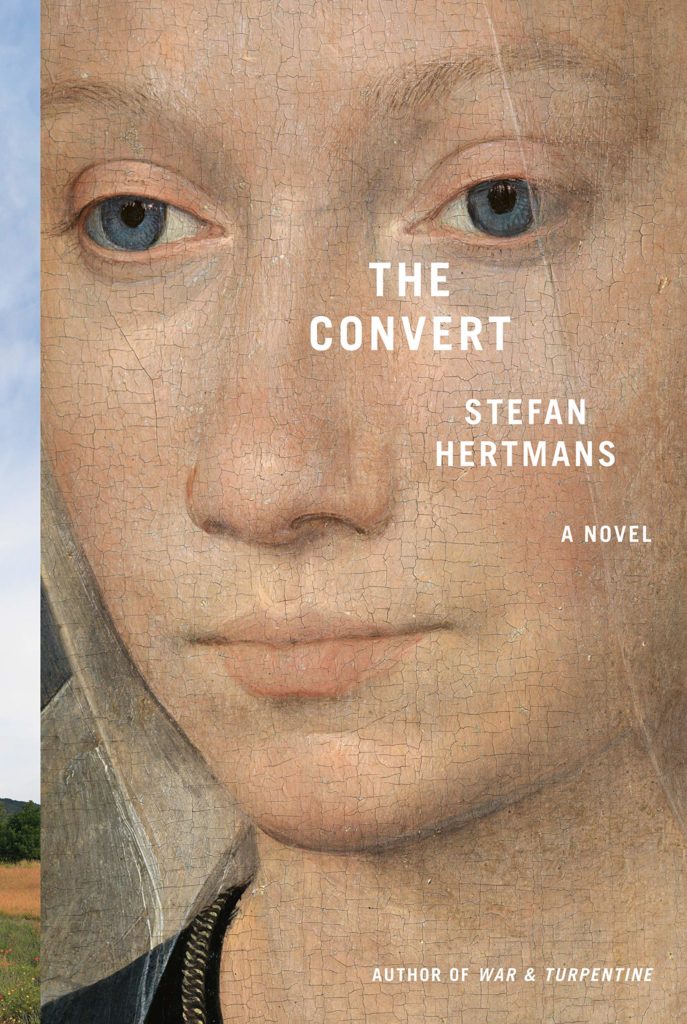
“David McKay’s translation from the Flemish is as brilliant as it is frequently brutal, and intermittently lyrical.”
—The Jewish Chronicle on Stefan Hertmans’s The Convert.
“The Convert, briskly translated from the Dutch by David McKay, is an imaginative flight, full of darkness and light, lively characters, life-altering conflicts, violence and kindness, birth, death and, oddly, a lot of snakes. It is, as it says right there on the cover, nothing less than a novel. And it’s a really good one.”
—Valerie Martin, The New York Times
“The limpid translation, from the Dutch, is by David McKay … Leavening the story’s many horrors is the miracle of its preservation. Somehow, nearly a millennium later, Hamoutal has been remembered and honored.”
—The Wall Street Journal
“Utterly spellbinding and brilliantly translated, this prize-worthy journey through time will pull readers in and won’t let go until the very last page. A great choice for discussion groups.”
—Library Journal (starred review)
“The horrors of anti-Semitism and the unintended consequences of the First Crusade are pitilessly portrayed, resulting in a story that is tragic and harrowing, yet beautifully told, with an ambience that is fully realized for both the eleventh century and our own.”
—Booklist
Praise for Max Havelaar
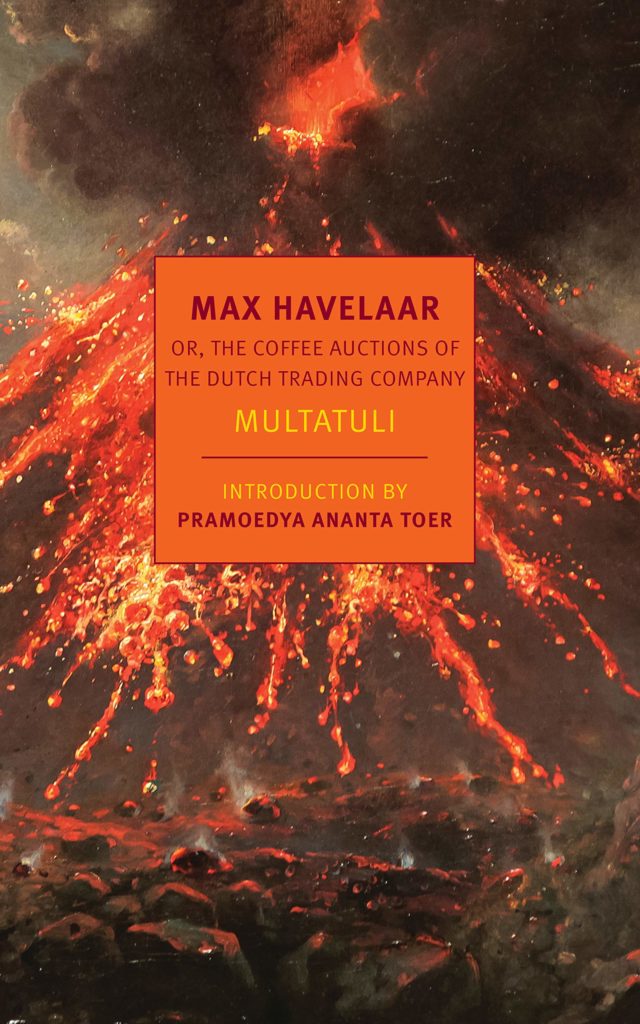
“Kurt Vonnegut’s best metafiction has nothing on Multatuli…This attractive and accessible new translation of Max Havelaar is highly recommended to lovers of satire.”
—Taylor Roberts
“This retranslation of one of the most discussed novels in the history of Dutch literature is very timely, as we continue to face up to the damage that has been wrought by the colonial and imperial exploits of the European powers. First published in 1860 and set partly in the Netherlands and partly in Indonesia, this novel helped change the public narrative about the colonial Dutch East Indies by forcing its readers to confront its fundamental injustice and brutality. This is achieved through a series of effortlessly executed experimental literary techniques which, however, do not diminish the readability of the novel: quite the opposite, they draw the reader in and demand them to take a stand. This new translation matches the effortlessness of the original and carefully but effectively frames Max Havelaar with up-to-date historical and scholarly commentary and, through the introduction and cover art, gives the perspectives of Indonesian artists Pramoedya Ananta Toer and Raden Saleh.”
—Judges’ citation, Oxford-Weidenfeld Prize 2020
Praise for Swallows and Floating Horses
“This is the book of Frisian Literature that I would have wished there to be 25 years ago. It is not a (or the) Canon of Frisian Literature. Rather, it offers access to the rich variety and the many delights of poetry in Frisian, a treasure trove of surprising texts in Frisian and English. There is now no longer an excuses for not getting to grips with this language and the treasures of its literature.”
—Prof. Reinier Salverda, University College London, former director of the Frisian Academy, on Swallows and Floating Horses
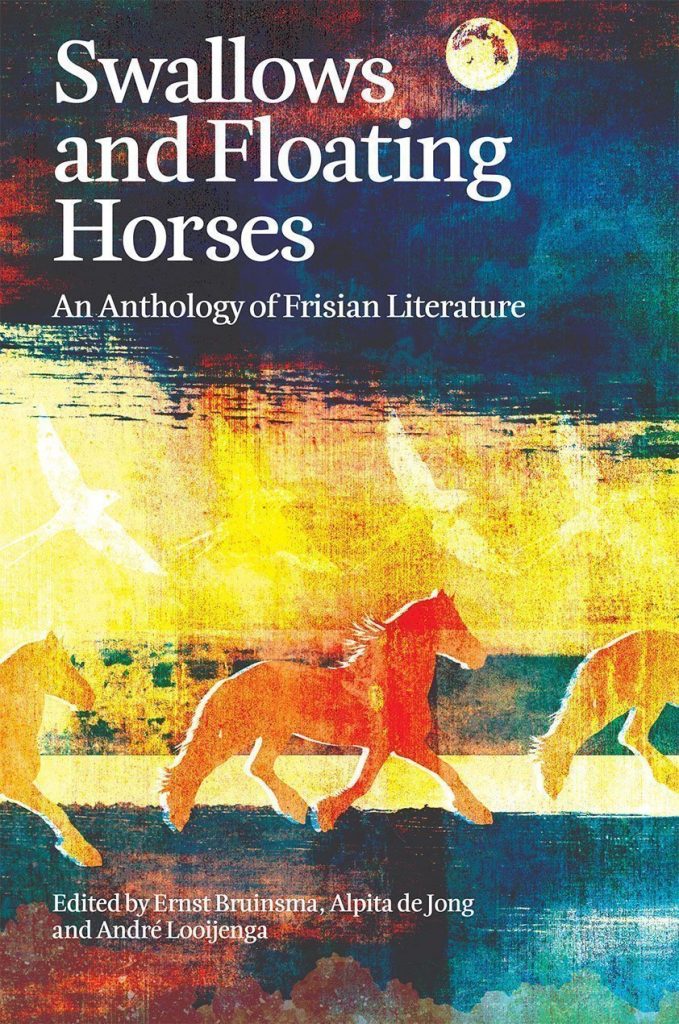
Praise for Adrift in the Middle Kingdom
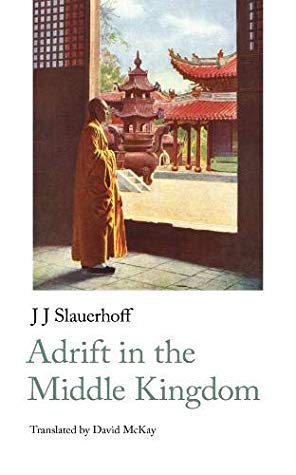
“Adrift in the Middle Kingdom is a dark if vivid novel, a fascinating glimpse of China during the tumultuous late 1920s that goes well beyond the usual, deep into the Chinese hinterland… Cameron’s wanderings, journeying, and seeking are beautifully, horribly evoked.”
—M.A. Orthofer, The Complete Review
“One of the delights of reviewing books is every now and again you are presented with a book that takes you completely by surprise. Adrift in the Middle Kingdom is an outstanding narrative of one man’s quest for self discovery and a must read for any lover of the later Beat Generation. My only regret after reading this was that I hadn’t read it sooner.”
—The Pilgrim
“It’s a novel that blends the travelogue with philosophical musings and fantastical adventure, while paying close attention to the politics of its moment. Adrift in the Middle Kingdom is beautiful, and an absolute must-read amongst the best Dutch novels in translation.”
—Books and Bao
Praise for War and Turpentine
Winner of the Vondel Translation Prize, 2017
Longlisted for the Man Booker Prize International, 2017
Shortlisted for the Best Translated Book Award, 2017
A New York Times Top 10 Book of the Year
A London Times Book of the Year
An Economist Book of the Year
An Irish Times Book of the Year
No. 1 on The Independent‘s list of best translated fiction, 2017
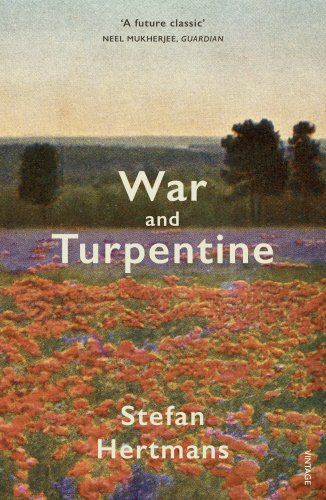
“In David McKay’s dazzlingly lyrical translation from the Dutch, every detail has the heightened luminosity of a line of poetry, from the first sight of a Zeppelin (‘this dream-fish drifting silently over our heads’) to a dead horse hanging from a broken elm (‘perfectly straight, its bloody, half-severed head gruesomely twisted against the cool morning sky, its legs tangled in the remains of the tree like strange branches’). . . . War and Turpentine has all the markings of a future classic.”
—Neel Mukherjee, The Guardian
“Not since reading W. G. Sebald’s The Rings of Saturn have I been so taken with a demonstration of the storytelling confluence of fiction and nonfiction. . . . David McKay, meanwhile, provides an artful translation of the book into English. . . . Where Hertmans’s narrative style is precise, speculative and philosophical, the manner he adopts for his grandfather’s voice is immediate, earnest and colloquial. . . . War and Turpentine delivers a blast of narrative fresh air.”
—Dominic Smith, New York Times Book Review
“Crystalline memories . . . moments of unholy beauty . . . [A] fluid translation from the Dutch by David McKay . . . This serious and dignified book is old-fashioned, too, in the pleasant sense that it seems built to last.”
—Dwight Garner, New York Times
“Real, raw and powerful . . . David McKay’s translation soars in the superb descriptions of battle, the lulls and the frenzied onslaughts creating lasting images.”
—Eileen Battersby, Irish Times
“Staggering richness of language; brutal, deep, haunting. Mesmerising from page one, which has the painter-grandfather formally dressed complete with billowing bow tie, sitting on a Belgian beach; later a descent into the hell of World War I. If you think you’ve had enough of the muddy gore of Flanders Fields, believe me you haven’t, not until you’ve read this book.”
—Simon Schama, New York Times
“Wonderful, full of astonishingly vivid moments of powerful imagery . . . moving moments of mysterious beauty. I thought I’d had enough of books about the First World War . . . I couldn’t have been more wrong.”
—David Mills, Sunday Times
“Beautifully translated by David McKay, the book is as poignant as it is powerful. . . . It is not often a book succeeds on so many levels, but War and Turpentine manages to be a mesmerising portrait of an artist as a young man, a significant contribution to First World War literature and a brilliant evocation of a vanished world.”
“Hertmans’s prose, with a deft translation from McKay, works with the same full palette as Urbain Martien’s paintings: vivid, passionate—and in the end, life-affirming.”
—Publishers Weekly
“David McKay’s work here is immensely readable, and comfortable in the book’s varied registers.”
—Adam Rivett, The Australian
“Eloquent and persuasive . . . beautifully portrayed.”
—Kirkus Reviews
“Poignantly nuanced . . . readers will thank an exceptional novelist (and a skilled translator).”
—Booklist (Starred Review)
Praise for other translations
“I’m very happy with the linguistic richness and momentum that you managed to bring to the book. It sounds completely natural, and you can’t always say that about translations.”
—Chunglin Kwa, author of Styles of Knowing
“The Jewish Historical Museum in Amsterdam has been working with the translator David McKay for some years now, to our great satisfaction. His professional translations are superior in quality and stand out for their clear, graceful use of language. He has a thorough command of terminology in a wide range of cultural and art-historical subject areas. Our working relationship with him runs smoothly and is always very pleasant, and so I’m more than happy to recommend him to other museums.”
—Bernadette van Woerkom, curator, Jewish Historical Museum, Amsterdam
“It was a true pleasure for me to work with David McKay, whom I came to know as a meticulous, well-informed, culturally sensitive, and creative translator. I am deeply grateful for all he has done for this book.”
—David Bos, author of Servants of the Kingdom
“I’m a big fan of David’s translations; they’re both elegant and to the point!”
—Fleur Roos Rosa de Carvalho, researcher, Van Gogh Museum, Amsterdam
“Although the book has been translated into English, it does not suffer in the translation. To the contrary, the writing is superb.”
—Ruta Arellano, Sacramento Press Book Review, on The Tulip Virus
If you’re interested in my services, or have any questions, please contact me.
